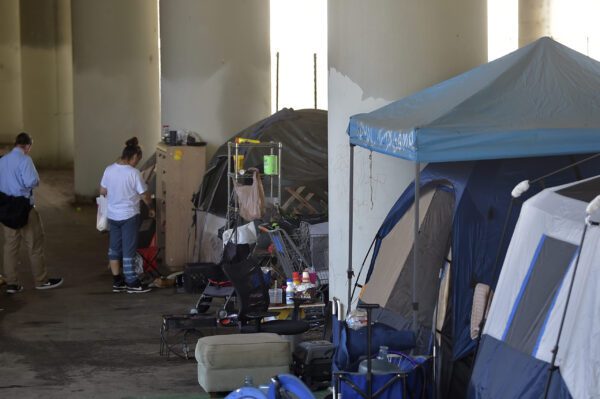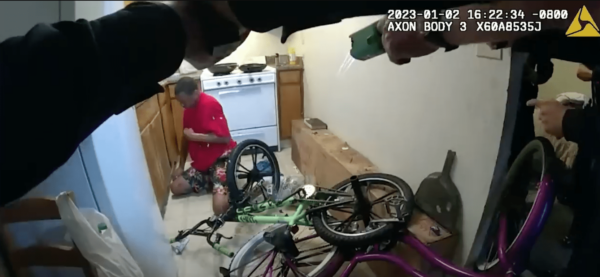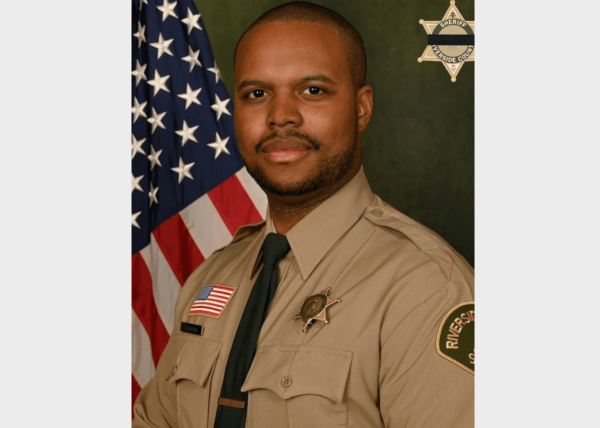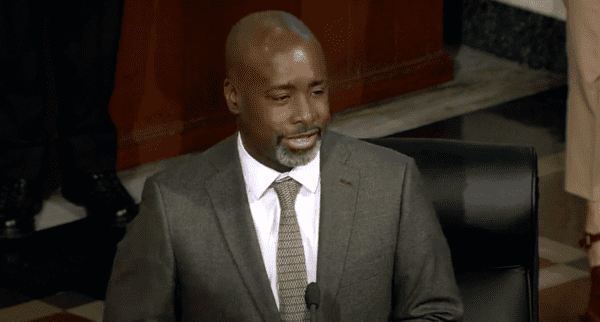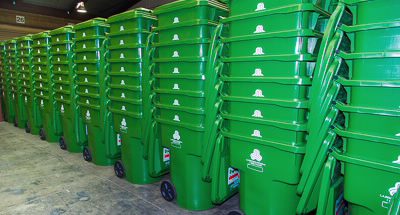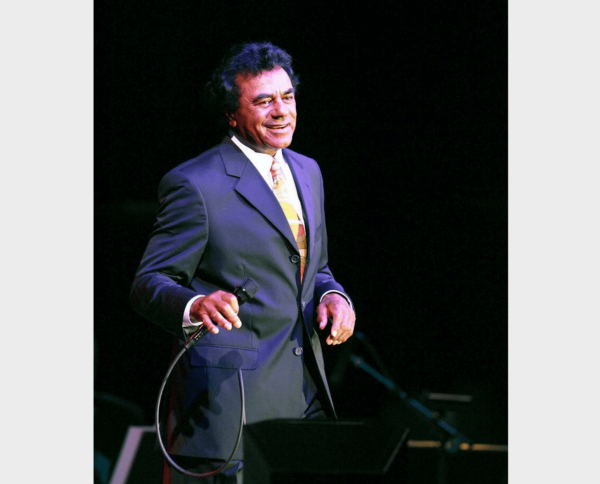By FRED SHUSTER
After hearing from the new mayor of Los Angeles, a federal judge Tuesday agreed to allow settlement talks to begin anew between local leaders and a coalition of downtown residents who sued over what they claim is local government’s lax response to the homelessness crisis.
Although U.S. District Judge David Carter approved the city’s settlement with the LA Alliance for Human Rights in June, he said the county’s pledge to provide 300 additional beds for homeless people with mental health or substance use disorders “fell short.”
The judge also appeared irked at the proposal’s lack of a judicial oversight requirement. Without the court’s ability to closely monitor the settlement, the proposal is “absolutely worthless,” Carter said.
“You can’t put a tuxedo on a pig,” the judge said from the bench.
Carter allowed for a 90-day extension of settlement talks, which he termed a “reset” that would allow the parties to return to the table to fashion a settlement that goes further than previous efforts.
The hearing in Los Angeles federal court was attended by Mayor Karen Bass, LA County Supervisors Janice Hahn and Hilda Solis and City Council President Paul Krekorian, among others.
Bass, who declared a citywide state of emergency on homelessness immediately following her election, has pledged to bring 17,000 people living on the streets inside during her first year in office. She applauded the new start in talks to resolve the LA Alliance lawsuit.
“We think this is a new day … the stars are aligning,” she told the court.
In its March 2020 lawsuit, the LA Alliance accused the city and county of failing to do enough to address the crisis. The city’s settlement with the coalition was announced in April, but the county waited until September to announce its preliminary agreement with the coalition of Los Angeles business owners and sheltered and unsheltered residents.
In November, Carter declined to approve the county’s part of the settlement, suggesting that more work needed to be done to have a stronger impact on homelessness in the region.
On Tuesday, the judge said the LA Alliance’s lawsuit came about after “decades of inaction” resulted in “a spiraling crisis on our streets.” As a result of attempts to settle, the “antagonism” that “apparently goes back decades” between local governments has dissipated, Carter said.
Along with the lack of oversight, a sticking point for Carter remains the number of mental health and substance abuse beds the county is willing to provide. Carter said the county must — through its departments of mental health and public health — provide for the 40% of the homeless population that suffers from mental illness and/or substance abuse issues.
Without a pledge by the county of far more than 300 beds, “I’m having a very difficult time accepting this agreement on behalf of the people of Los Angeles,” the judge said.
Hahn said she was also optimistic about a newly devised settlement that would meet the court’s goals.
“It breaks my heart that we had to have a lawsuit on behalf of the most vulnerable (people of the region),” she said. “We are going to work differently from this day forward. We want to solve this problem.”
Elizabeth Mitchell, a lawyer representing the LA Alliance, said the plaintiffs are “very excited to see what progress can be made in 90 days.”
When Carter eventually approves the settlement, he will sign off on the dismissal of the suit.
According to the most recent homeless count by the Los Angeles Homeless Services Authority, there are 69,144 unhoused people living in Los Angeles County, 41,980 of them within the city. About 40% are believed to be suffering from either mental illness, drug addiction or both.

